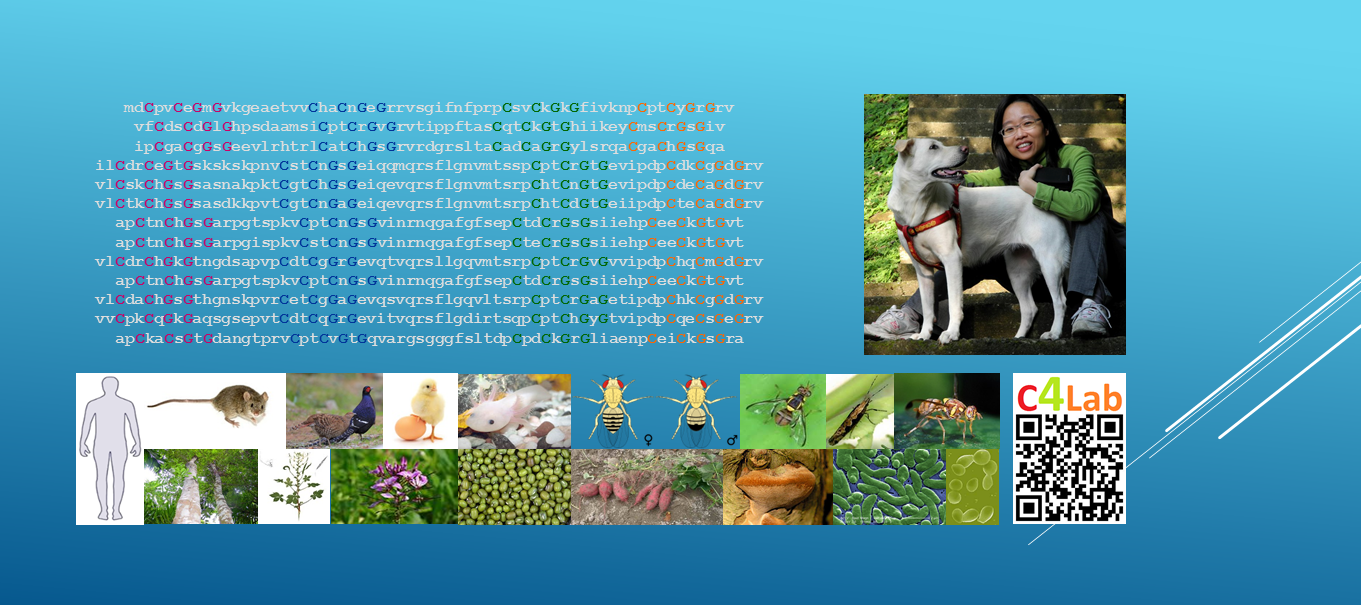
When Deep Learning Meets Bioinformatics in Personal Genome Annotation
- Events
- 3.6K
Artificial intelligence (AI) and machine learning (ML), these kinds of terms sound very familiar, right? When you get on to the internet you have great chances of coming across an article or news about the advancement in these areas.
Artificial intelligence is nothing but the demonstration of intelligence and creativity by computers; the branch of computer science that studies, develops and assesses this phenomenon.
Nowadays, we teach machines (computers) to learn skills and ask them to achieve some tasks. On the internet, computers classify news. On our mail servers, computers filter junk emails. Computers even play games, compose music, and monitor terrorism.
Recently Dr. Chien-Yu Chen gave an interesting talk about Deep Learning and Bioinformatics in genome annotation. Dr. Chen is a professor at the department of Bio-Industrial Mechatronics Engineering, NTU, Taiwan.
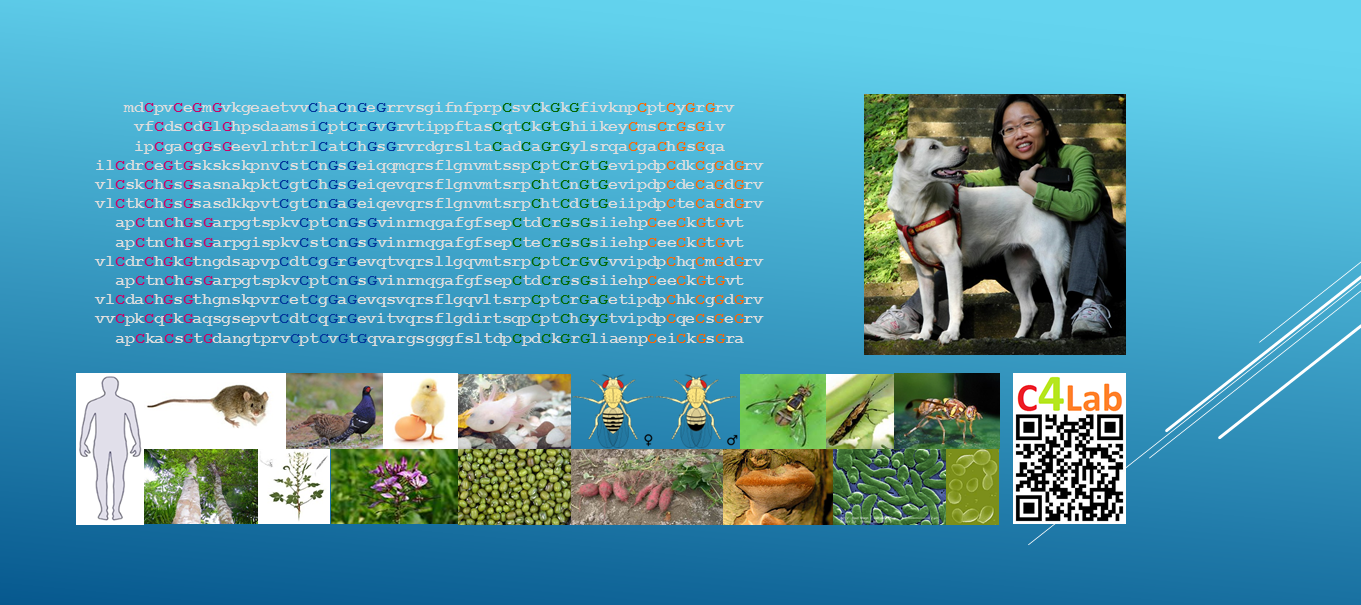
In her lab, they teach computers to learn biology. Even better, computers learn biology by itself and tell the mystery behind biology. Then they call the knowledge organized by computers prediction model, and the information delivered by computers predictions. As the prediction accuracy increases, they use computational tools to understand more and more facts about living organisms.
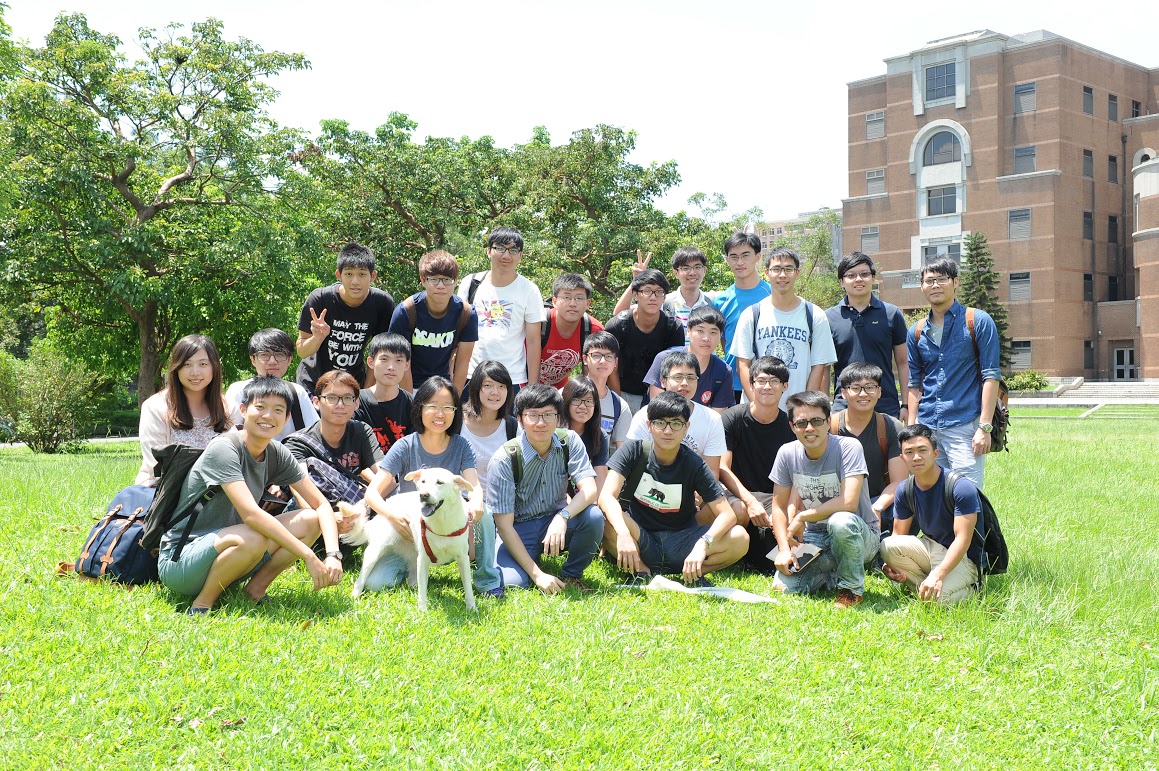
Coming to her latest talk, she explained how deep learning can be used in personal genome annotation.
Bioinformatics has played an important role in annotating the human genome since its draft was first announced in 2001. As the sequencing cost decreased dramatically owing to the advance of next-generation sequencing technology, the need of precisely annotating a personal genome is right around the corner.
This talk will start with the success of using structural bioinformatics in predicting the influence of a single nucleotide variation on changing the protein-DNA binding affinity. Next, the concept of deep learning and how it has been used to annotate epigenomes and to explore the roles of cis-regulatory sequence variations will be introduced.
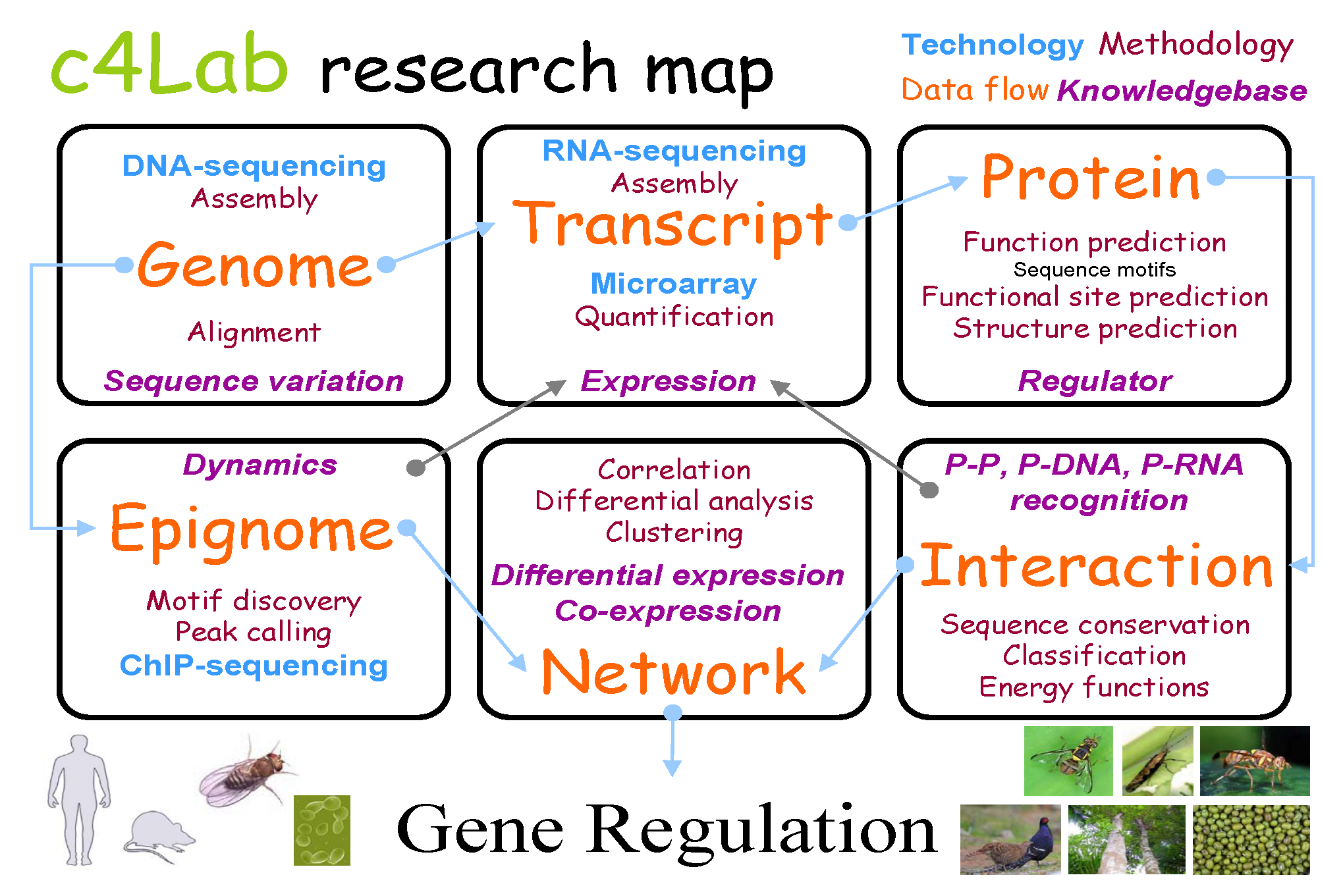
As the scale and complexity of personal genomic data analysis increase rapidly, deep learning will definitely become one of the effective ways to associate personal genomic variations with diseases or drug responses. The current status and challenges of using deep learning in annotating personal genomes will be kindly addressed in the talk and it deserves more attentions when designing Bioinformatics education in the near future.

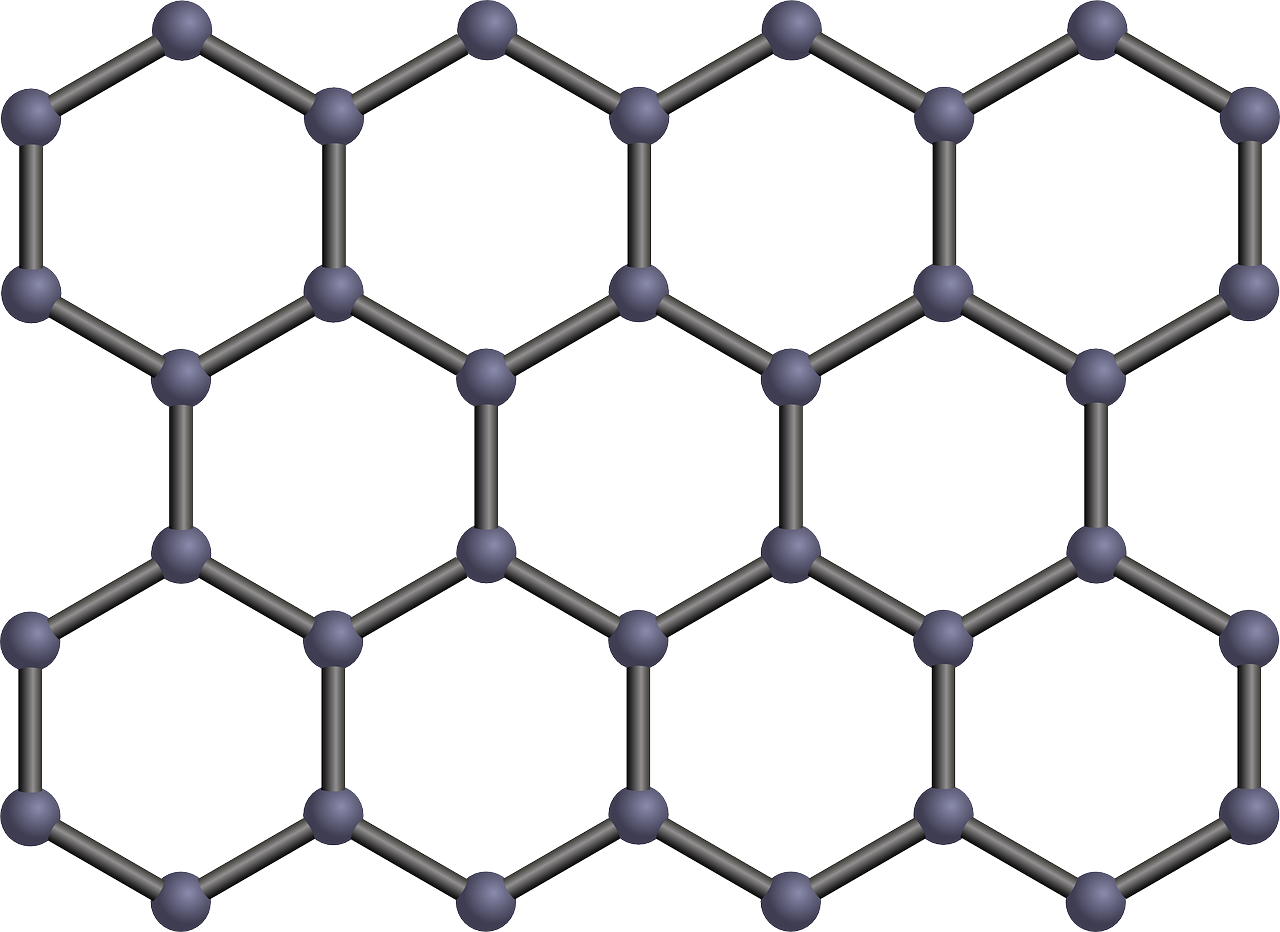
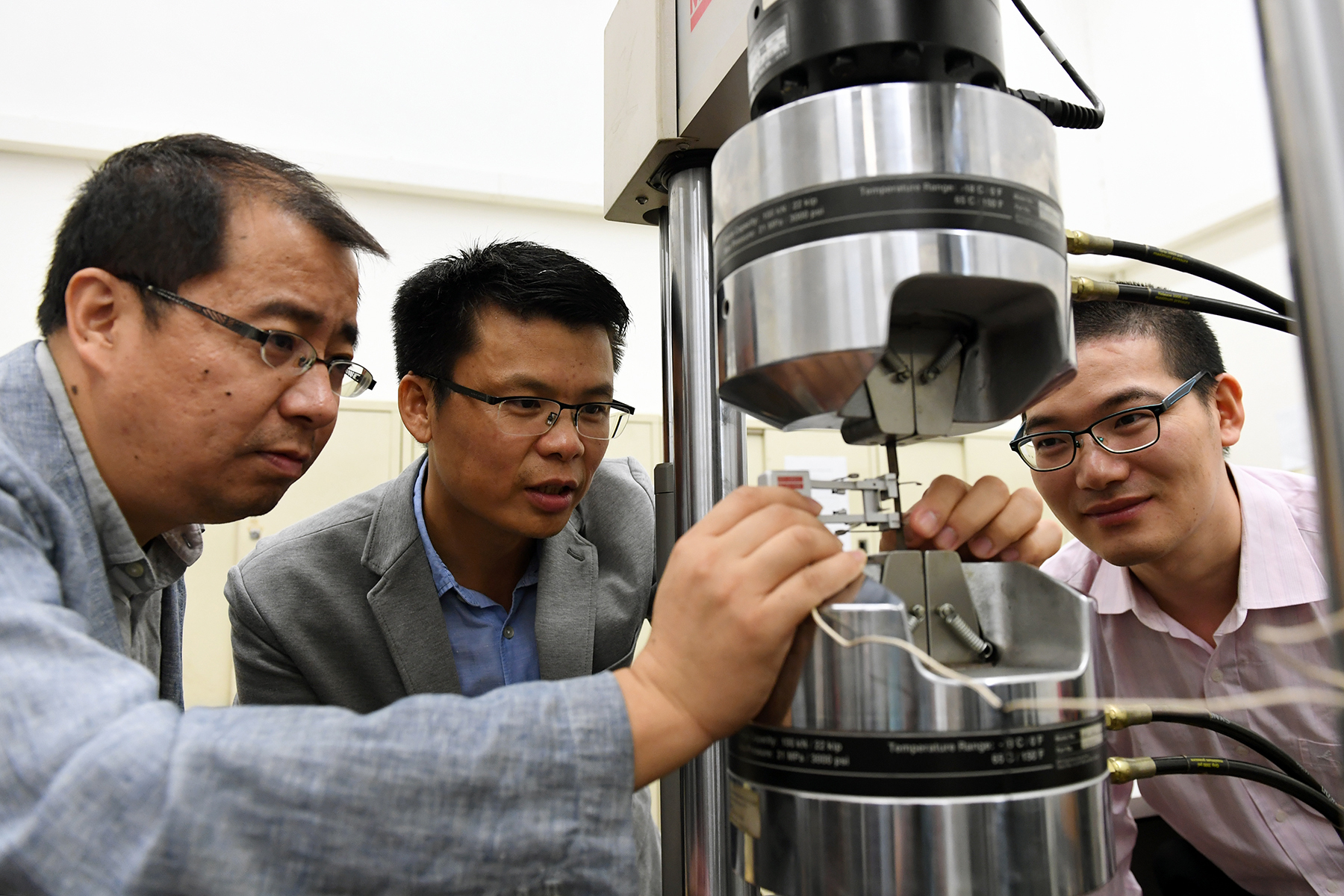
192.168.l.l to setup router
Hi to all, the contents existing at this web page are truly amazing for people knowledge,
well, keep up the nice work fellows.